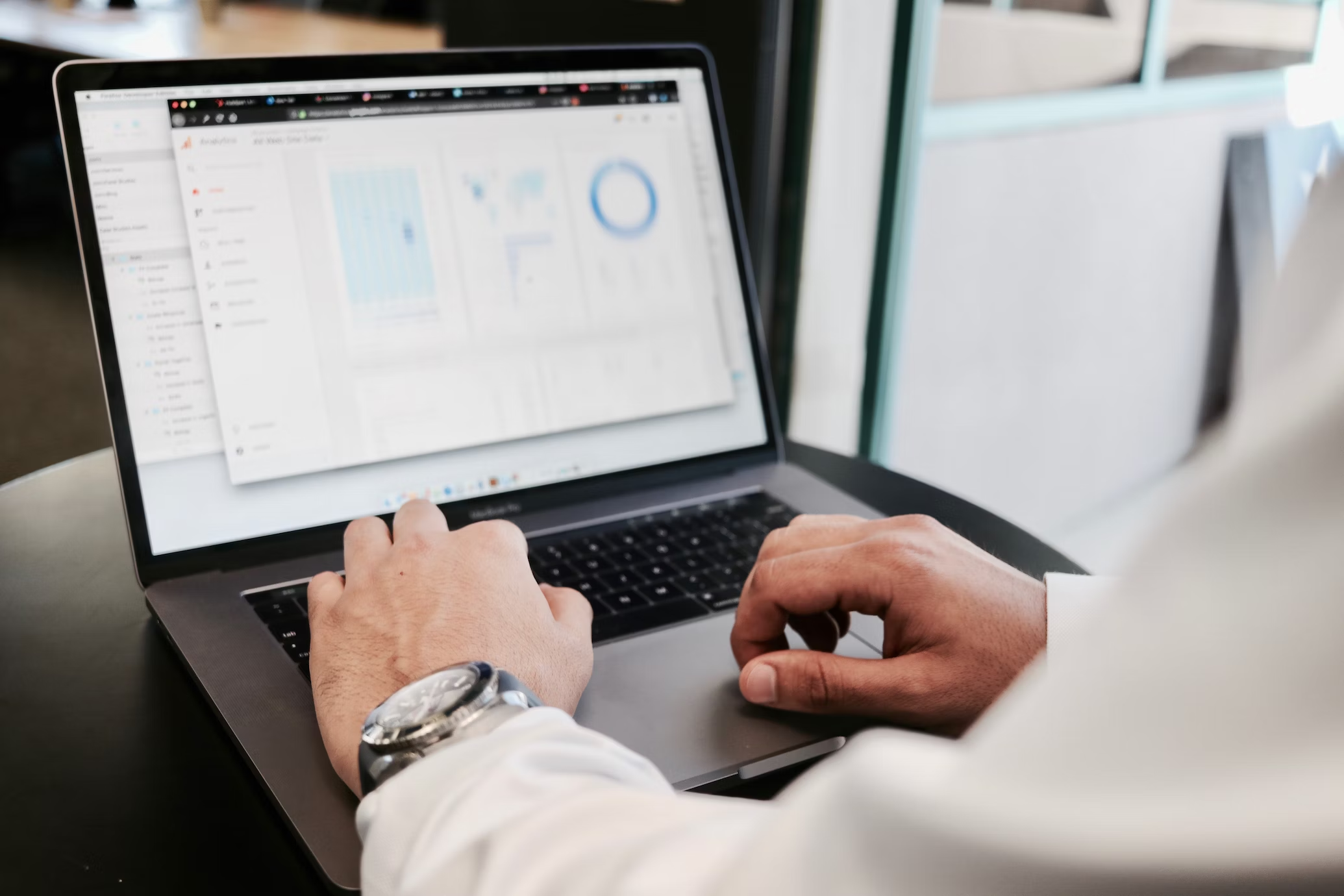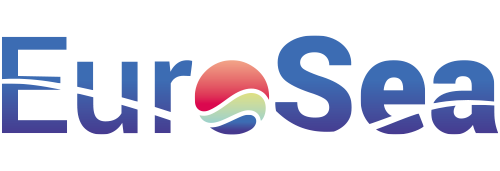
Description
Marine observational initiatives often grapple with operational challenges and data disparities. This project addresses these issues head-on by tightening network coordination across the EU and globally, while placing a marked focus on enhancing operational procedures and building a comprehensive metadata inventory.
Impact During the Project
Revolutionized Operational Procedures:
Traditional State: Marine observational operations might have previously dealt with inefficiencies or inconsistencies due to varied procedures across networks or regions.
Advancement: By introducing refined operational procedures, marine observations become more streamlined, reducing redundancies and ensuring data quality and consistency.
Enriched Metadata Inventory:
Traditional State: Disparate metadata standards or incomplete metadata could hinder the accurate interpretation, sharing, and analysis of marine data.
Advancement: A comprehensive metadata inventory ensures that all marine data is accompanied by detailed, consistent descriptors, enhancing interoperability and simplifying data usage across networks.
Operational Excellence with Tide Gauges:
Traditional State: Tide gauges, crucial for sea level monitoring, might have previously been subject to inconsistent calibration or operational practices across regions.
Advancement: Achieving a Technology Readiness Level (TRL) of 8 indicates that tide gauges have undergone thorough testing and are proven to be consistently reliable in real-world marine environments. Their use in marine observations now guarantees higher accuracy and dependability.
Impact Post Project
A Unified Marine Observational Framework:
Traditional State: Marine observation networks might have operated with varying standards, leading to data silos and collaboration challenges.
Advancement: With concerted coordination efforts at both EU and global scales, marine observation becomes part of a unified framework, capable of cross-network data sharing and collaboration.
Capacity Development & Knowledge Sharing:
Traditional State: Knowledge about best practices and methodologies might have been localized to specific networks or regions.
Advancement: The unified approach ensures that best practices and refined operational procedures are disseminated broadly. This encourages innovation and capacity development, fostering a globally aligned marine observational community.
Advancement over and above State of the Art
With a shift towards tighter coordination and standardization, the marine observational landscape is undergoing a transformative phase. By emphasizing the importance of refined operational procedures and metadata standards, the project guarantees more accurate, consistent, and easily interpretable marine data. The elevated readiness level of tide gauges further showcases the commitment to precision and accuracy in marine observations. Through these advancements, marine researchers and observers across the globe can now collaborate more effectively, share knowledge, and ensure that our understanding of the oceans remains state-of-the- art.
Links and References
NA
